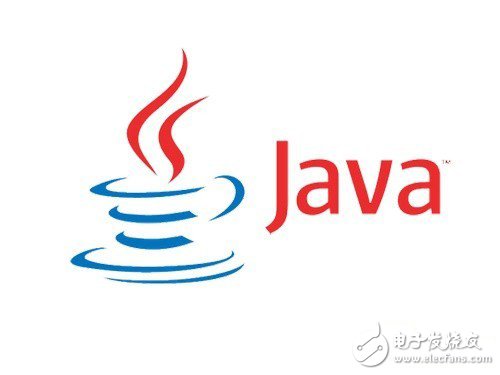Java developers need to spend a lot of time immersed in Java code, using a variety of different IDE (Intergrated Development Environment) to develop Java code, so I will introduce 11 different IDEs below, these IDEs provide a variety of functions Such as: build Java applications, TestNG, debugging, code checking, code help, JUNIT testing, multiple refactoring, visual GUI builders and code editors, Java and Maven build tools, ant, data modeling and build queries, etc. .

1.NetBeans
NetBeans is an open source IDE written in Java and one of the favorite Java IDE editors for IDR solutions.
NetBeans IDE supports standard out-of-the-box development of all Java application types (Java SE, JavaFX, Java ME, web, EJB, and mobile apps). The modular design of NetBeans means that it can be extended by third-party plug-ins to enhance NetBeans (for example, the NetBeans PDF plugin is a good example).
NetBeans IDE is available for both Java and other languages, especially PHP, C/C++, and HTML5.
The NetBeans feature is an Ant-based project system that supports Maven, refactoring, version control (supports CVS, Subversion, GIT, Mercurial, and ClearCase) and is based on the Common Development and Publishing Protocol (CDDL) v1.0 and the GNU General Public Protocol. (GPL) v2 is issued under the dual agreement.
NetBeans runs cross-platform on Microsoft Windows, Mac OS X, Linux, Solaris, and other platforms that support compatible JVMs.
2.Eclipse
Eclipse is a free Java IDE written primarily in Java. Eclipse allows you to create a variety of cross-platform Java applications for mobile, web, desktop and enterprise domains.
Its main features include Windows Builder, Integrated Maven, Mylyn, XML Editor, Git Client, CVS Client, PyDev, and Eclipse has a basic workspace with an extensible plugin system for your custom IDE. Demand. With plugins, you can also develop applications in other programming languages, including C, C++, JavaScript, Perl, PHP, Prolog, Python, R, Ruby (including the Ruby on Rails framework), and more.
Eclipse is available under the Eclipse public protocol and is available for Windows, Mac OS X, and Linux.
3.IntelliJ IDEA Community EdiTIon
IntelliJ IDEA Community EdiTIon (Community Edition) is a free Java IDE (Integrated Development Environment) for Android application development, Scala, Groovy, Java SE and Java programming. It is lightweight and provides useful features such as JUnit testing, TestNG, debugging, code checking, code completion, support for multiple refactoring, Maven build tools, ant, visual GUI builder, and XML and Java code editors.
Of course there are some features that are not available in the community version, so if you need more features, you might want to buy a license to unlock all features.
IntelliJ IDEA Community EdiTIon (Community Edition) is released under the Apache 2 protocol.
4.Android Studio
Google's Android Studio is primarily designed for development on the Android platform, and can also run and edit some Java code.
At first Android Studio was created by JetBrains based on the IntelliJ IDEA Community EdiTIon (community version). It is also based on Gradle's build system, variable settings, and multiple APK generation systems, as well as scalable templates and multiple device types. Its rich layout editor also supports layout editing for different topics. It provides Android Lint tools for scanning and checking Android project source code to identify potential problems.
It also has ProGuard and app-signing capabilities, support for the built-in functionality of the Google Cloud Platform and projects, and can be configured to use the Java Development Kit (JDK) 6 or JDK 7.
Android Studio is free to use under Apache 2.0, and can be downloaded via Windows, Mac OS X and Linux. It replaces Eclipse as the main IDE for Google's native Android application development.
5.Enide Studio 2014
Enide Studio 2014 was originally released (version 0.11 preview) as a product that is independent of all operating systems. But with subsequent changes, it developed a suite of tools that support Node.js, JavaScript, and Java development, available in the Eclipse plug-in store and on the main site.
The plugins for Enide Studio 2014 include:
- Nodeclipse 0.17;
-- Chrome development tools, AngularJS for Eclipse, TernIDE, Eclipse WTP WebResources, TCF Terminals, MarkDown (*.md) editor;
-- GitHub Flavored Markdown (GFM) viewer, different themes, Nodeclipse edit box, RestClient tool.
-- StartExplorer, Git plugin, Maven, Gradle integration, Minimalist Jade editor, etc...
---------------------------------------------
The e-fans editorial team is dedicated to creating - "Power Technology Special Issue" free download!
Led Ceiling Fan,Two Blades Ceiling Fan,Two Blades Energy Saving Fan,Two Blades Electric Ceiling Fan
Jiangmen MagicPower Electrical Appliances Co.,Ltd. , https://www.magicpowerfan.com